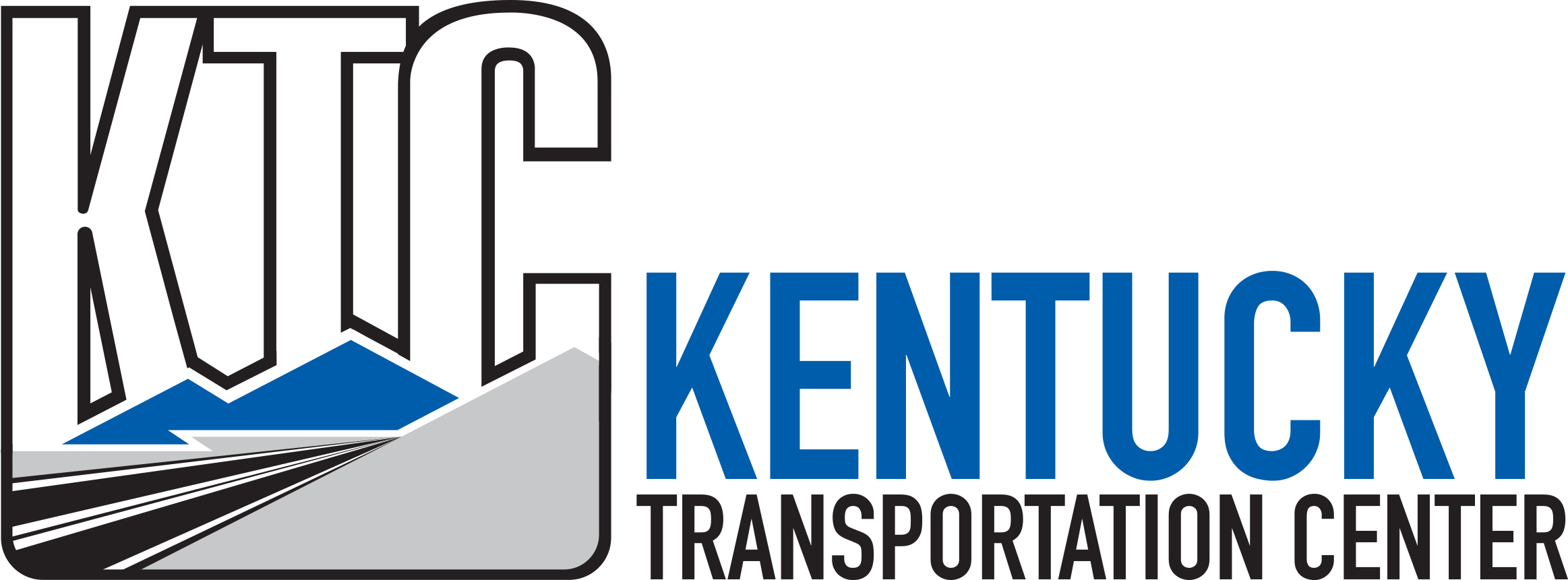Abstract
The objectives of this study were to identify and list waste materials which should be recycled to reduce solid waste disposal; report current and past efforts of the Kentucky Department of Highways to utilize recycled and waste materials; determine through a thorough literature search and review, the efforts of other local, state, national and international transportation agencies to utilize recycled materials; and, present preliminary recommendations listing areas where additional recycling efforts appear promising, feasible and needed.
Waste materials that were identified which could be recycled to reduce solid waste disposal included demolition waste (building rubble, recycled concrete pavement, recycled asphalt pavement), rubber tires, plastics, glass, and paper. It has been found that these materials contain recoverable fractions that are potentially useful in highway related applications. Examples of their use in highway construction and maintenance activities have been accented and discussed. Additionally, other reclaimed by-product materials have been identified that are effective in highway applications. Those include fly ash, bottom ash, scrubber sludge, AFBC residues, cement and lime kiln dust, and slag aggregates. A significant reduction in the extensive amount of land area required for waste disposal would be achieved through recycling only a portion of these materials.
The Kentucky Department of Highways has actively promoted research into the utilization of by-product materials in highway construction. The Department utilizes significant amounts of by-product materials as a result of the strong commitment to fund research in this area. However, recyclable materials such as rubber tires, plastics wastes, building rubble, waste glass, and waste paper have not been widely used.
Research is recommended relative to the use of recycled rubber in asphaltic concrete mixtures to determine whether any threat to human health or the environment exists, whether asphaltic concrete pavements containing rubber can be recycled, and whether those pavement types provide acceptable levels of performance. High volume uses of discarded tires should be investigated in other highway construction and maintenance applications such as light-weight embankments, retaining walls, and safety hardware. Recycled portland cement concrete as aggregate in paving applications appears feasible. The use of recycled plastic fibers in asphaltic and portland cement concrete mixtures should be evaluated. Innovative uses of recycled paper in highway applications should be studied. The Kentucky Department of Highways should increase high volume uses of fossil-fuel by-product materials that have been proven effective. High volume use of reclaimed asphaltic concrete materials should continue.
In order for the use of recycled and by-product materials to be feasible, a longer life, greatly improved performance, and reduced disposal costs must offset the higher initial costs related to their use.
Report Date
2-1992
Report Number
KTC-92-4
Digital Object Identifier
http://dx.doi.org/10.13023/KTC.RR.1992.04
Repository Citation
Hunsucker, David Q. and Whayne, Laura, "Recycled Materials in Kentucky Highway Construction" (1992). Kentucky Transportation Center Research Report. 462.
https://uknowledge.uky.edu/ktc_researchreports/462



Notes
The contents of this report reflect the views of the authors, who are responsible for the facts and accuracy of the data presented herein. The contents do not necessarily reflect the official views or policies of the University of Kentucky, the Kentucky Transportation Cabinet. This report does not constitute a standard, specification, or regulation. The inclusion of manufacturer names or trade names are for identification purposes and are not to be considered as endorsements.